To stay relevant in tomorrow's world, Higher Educationucation needs to adapt
)
Higher Education is facing new – and uncomfortable - questions about the value it can provide for today’s students.
Today, the average university student graduates with £45,000 in debt, and still struggles to get on the first rung of the career ladder. In many fields, the link between an undergraduate degree and a job after graduation is becoming less clear. Many university alumni will cheerfully admit their degree learning was not relevant to their actual careers. In fact, 70% of senior business leaders do not believe the current Higher Education system prepares students for the modern workplace. Most UK executives (three in five) believe they learned more in their first two years on the job than they ever did in university.
A challenging job market and the high cost of a degree have prompted prospective students to question the traditional route through university before work. For today’s students, alternatives such as apprenticeship schemes – which offer clearer routes to employment and practical experience - are becoming increasingly compelling.
What do students want from their university experience?
A simplistic academic definition is that universities teach, research, develop community and have social impact – but recent student surveys have highlighted that for incoming students, Higher Education has 3 core purposes:
- To qualify – students to receive knowledge and skills and certify them for a profession
- To socialise – students into broader perspectives
- To empower students – to think for themselves, clarifying their own values
With Higher Education’s value being challenged, here’s how institutions can ensure their students are emerging satisfied with their experience, and with the skills they need to secure employment and thrive in the workplace.
Skills over Subjects
A traditional university’s curriculum often centers on distinct subjects taught through siloed academic disciplines. Yet, today’s challenges do not fit neatly into distinct subject disciplines – and it’s only going to get more muddled from here on out.
As the digital age has dissolved borders, technology hurtles ahead faster than curricula can be developed, and communities everywhere confront global challenges like climate change, training students to be adaptable is a powerful way to prepare young people for a rapidly evolving job market. Likewise with digital skills, problem-solving, critical thinking and collaboration.
While a good degree is still valued, businesses are clear that resilience, enthusiasm, creativity and communication are more important. Higher Education must empower students to become lifelong learners above all else.
Human connection
Though not often explicitly stated in university handbooks, the social aspect of university is a crucial part of student development.
At university, students forge bonds that provide long-term support and fulfilment and build networks that continue to serve them long after graduation. In the haven of a classroom, students learn to build connections, debate ideas and collaborate with peers from starkly different backgrounds, strengths and temperaments – a key skill in the global workplace.
In the age of digital communication and post-pandemic, these vital skills are in peril.
A 2022 study found 45% of students preferred learning online to avoid interacting with their peers. This is a worrying trend that universities can help address. Courses designed to build community, collaboration and shared creativity are most likely to grow individuals equipped with the social skills needed in the workplace.
Ethical institutions
Healthy higher education communities matter. They are engines of knowledge production, progress and – crucially for young people – can be formative in determining student opinions, values and priorities.
But to be healthy, higher education communities must be grounded in core values: equitable access, accountability, academic freedom, and social responsibility.
To teach students to be responsible, accountable citizens, Higher Education institutions need to constantly set that standard for themselves – through their own policies, pedagogy and practices.
Preserving Higher Education’s value
The world is changing fast – jobs are harder to find, industries need more modern expertise and soft skills are becoming increasingly valuable.
In the one sense, adaptation will revolve around practical considerations: more modern technology, considering hybrid study settings, and facilitating digital communication and collaboration.
On the other hand, it’s ensuring that the university experience delivers what students are looking for. Higher Education can broaden horizons, forge powerful social connections, and maximise the capacity of individuals to think for themselves and make informed, creative contributions to their own lives and the lives of others. Successful institutions must constantly be evaluating their programs, curriculums and student support activities to align with these core purposes.
Higher Education still has a valuable role to play in shaping the workforce of the future, but to ensure a degree remains an asset to students and graduates, institutions must adapt and lean into what they can offer students: the opportunity to learn skills, build key relationships and establish a sense of self.
Tags
- adapt
- becoming
- build
- degree
- digital
- higher
- institutions
- job
- modern
- more
- relevant
- skills
- social
- still
- student
- students
- todays
- university
- world


)
)
)
)
)
)
)
)
)
)
)
)
)
)
)
)
)
)
)
)
)
)
)
)
)
)
)
)
)
)
)
)
)
)
)
)
)
)
)
)
)
)
)
)
)
)
)
)
)
)
)
)
)
)
)
)
)
)
)
)
)
)
)
)
)
)
)
)
)